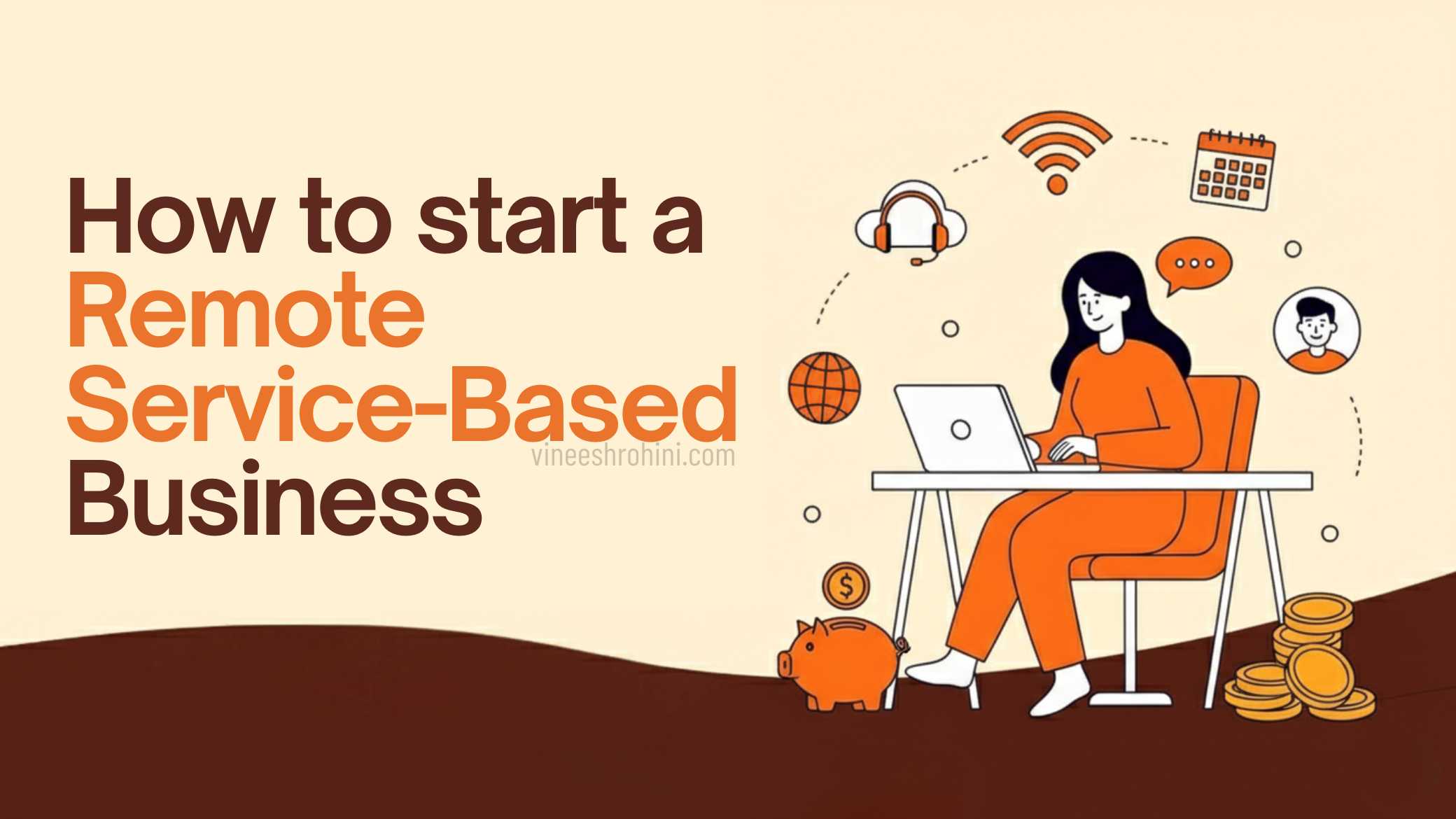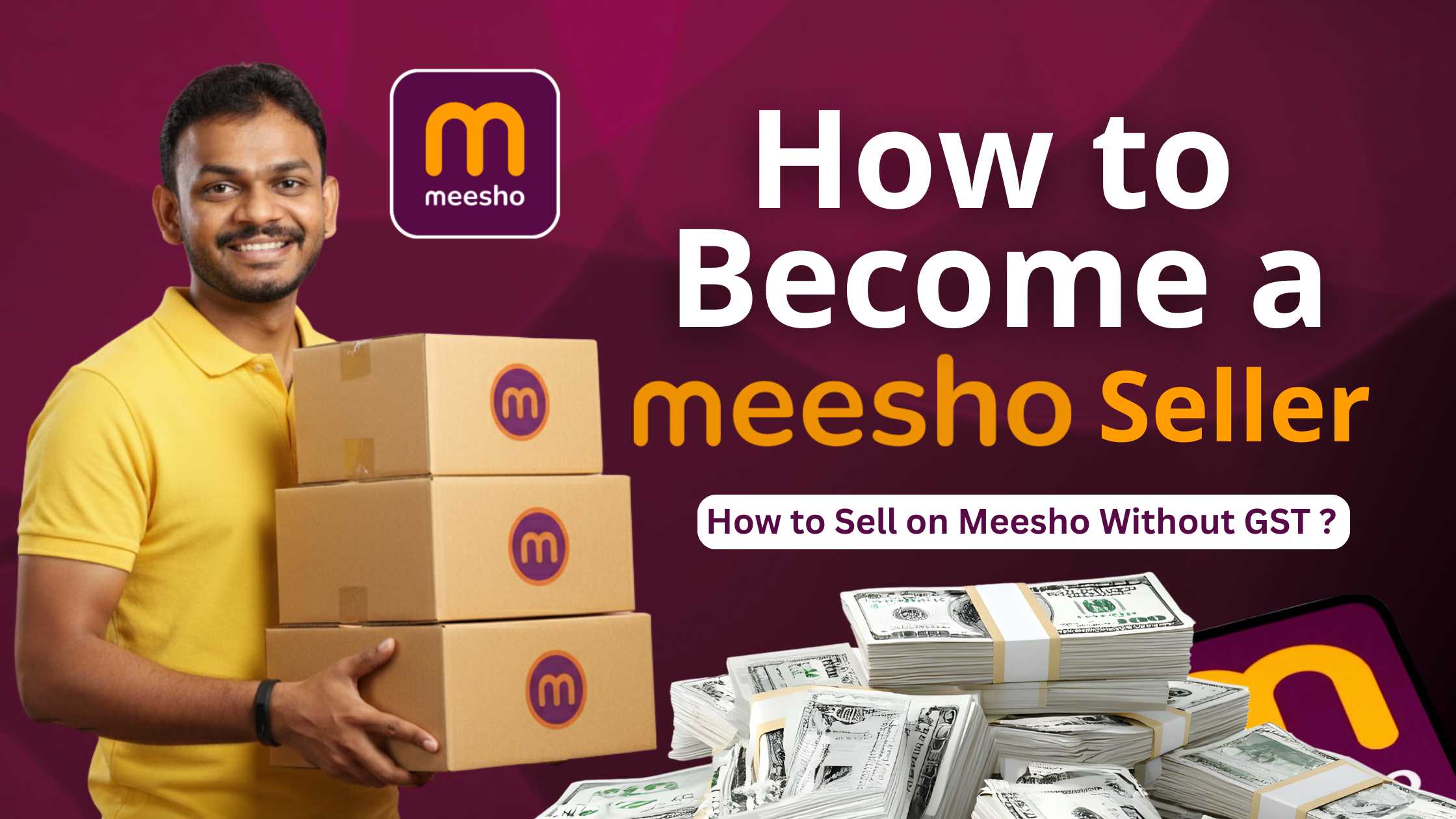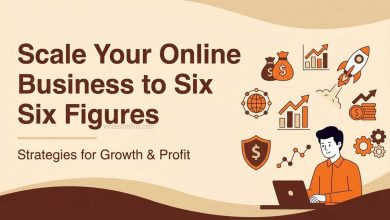How to Create a Sales Funnel ? : Comprehensive Guide 2025
How to Create a Sales Funnel : In today’s hyper-competitive digital world, creating a high-converting sales funnel is no longer optional—it’s essential. Whether you’re selling digital products, physical items, services, or SaaS subscriptions, a well-designed sales funnel can turn casual visitors into loyal customers.
Table of Contents
This comprehensive guide on how to create a sales funnel in 2025 walks you through each stage, platform, strategy, and optimization tactic necessary to build a funnel that drives conversions, increases ROI, and sustains long-term business growth.
What is a Sales Funnel?
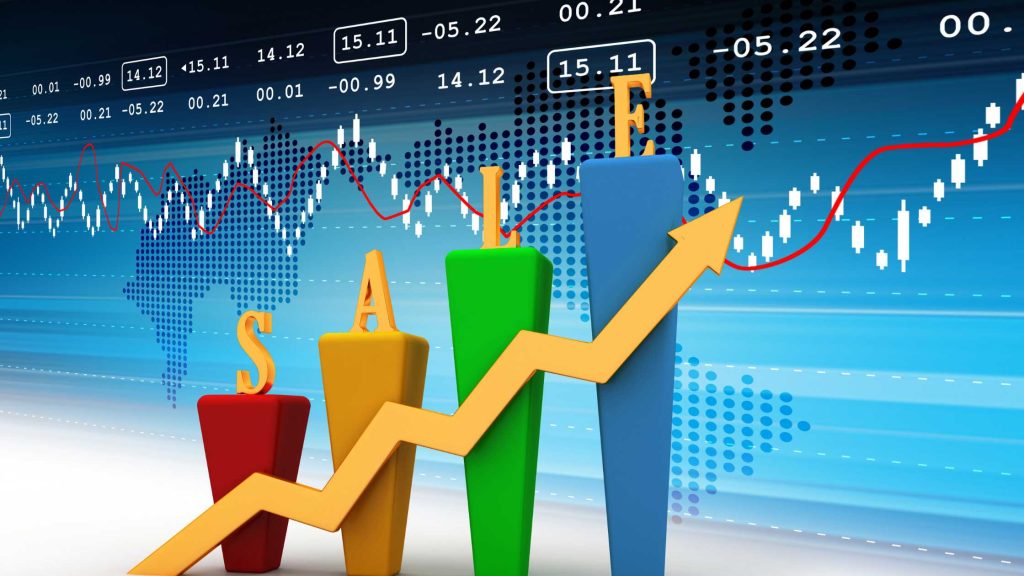
A sales funnel is a step-by-step process that guides potential customers through a series of stages toward a final purchase decision. It mirrors the psychological journey from awareness to action.
The stages of a typical sales funnel in 2025 are:
- Awareness – Your audience discovers your brand.
- Interest – They start engaging with your content.
- Consideration – They evaluate your offer.
- Intent – They show buying interest.
- Purchase – They become paying customers.
- Post-Purchase Loyalty – You turn them into repeat buyers.
Step-by-Step Process to Create a Sales Funnel in 2025
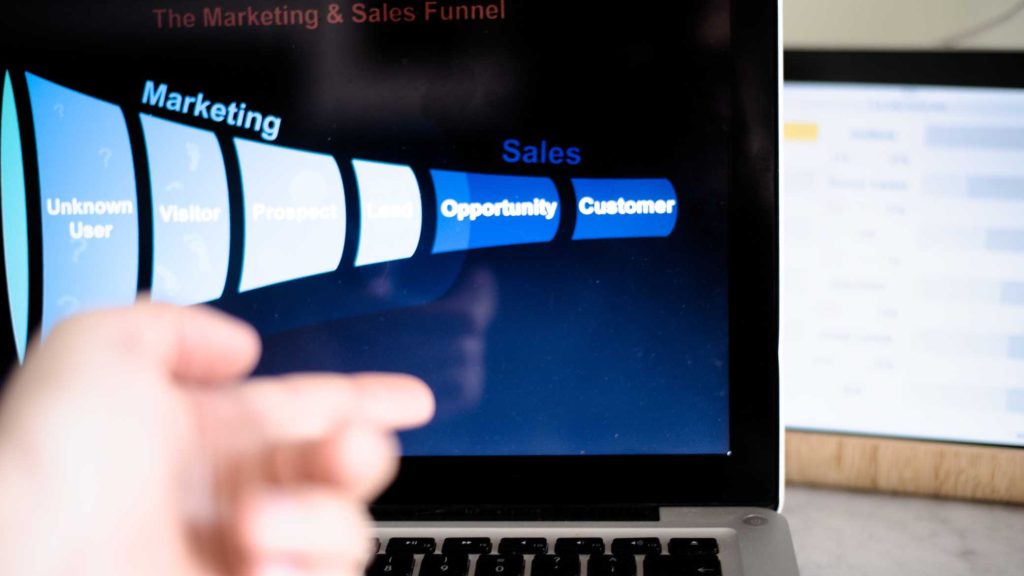
Step 1: Identify Your Offer and Funnel Goal
Every sales funnel must begin with clarity on:
- What are you selling? (Product/service/subscription/consultation)
- Who is your audience? (Pain points, demographics, buying habits)
- What action do you want them to take? (Buy, subscribe, book a call)
Examples:
- Selling a ₹999 course → goal is to generate purchase
- Selling a service → goal is to book a consultation
- Selling a physical product → goal is to drive checkout
Choose a single objective per funnel to avoid confusion and increase conversions.
Step 2: Choose the Right Sales Funnel Type
In 2025, different funnels serve different purposes. Here are the top types of sales funnels:
- Lead Magnet Funnel
Offers a freebie (eBook, checklist, template) in exchange for an email. Ideal for list-building. - Tripwire Funnel
Starts with a low-ticket offer (₹99–₹499) to convert leads into buyers quickly. - Webinar Funnel
Ideal for high-ticket items (₹10,000+). Drives traffic to a webinar that educates and sells. - Product Launch Funnel
Used for course or product launches. Includes a series of videos/emails before the cart opens. - E-commerce Funnel
Optimized for selling physical products. Includes upsells, downsells, and checkout optimization. - Application Funnel
Perfect for agencies or coaches. Filters leads through a form before booking a discovery call.
Also Read : How to Scale an Online Business for Long-Term Success – Comprehensive Guide 2025
Step 3: Map Out the Funnel Stages and Pages
A simple but effective funnel includes:
1. Landing Page – Captures interest and offers a lead magnet or tripwire.
2. Thank You Page – Confirms action and optionally presents an upsell.
3. Sales Page – Detailed info about your core offer.
4. Checkout Page – Secure purchase page.
5. Order Bump/Upsell Page – Offer add-ons.
6. Confirmation Page – Confirms purchase and gives access.
7. Follow-up Emails – Nurtures leads, reduces cart abandonment, builds loyalty.
Use a whiteboard, mindmap, or Notion board to visualize this process.
Step 4: Choose the Best Funnel Building Platform in 2025
Top Funnel Builders in 2025:
- Systeme.io – All-in-one and free to start
- ClickFunnels 2.0 – Best for marketers with large budgets
- Kartra – Includes email marketing and membership
- GetResponse – Email automation + funnels
- WordPress + Elementor + CartFlows – Great for custom control
- Shopify + Zipify Pages – Ideal for ecommerce
Choose a platform based on:
- Budget
- Funnel complexity
- Native integrations with your email and payment tools
Step 5: Create a High-Converting Landing Page
Your landing page is where the funnel starts. It must capture attention and persuade action.
Landing page elements:
- Headline that addresses a pain point or promise
- Subheadline with key benefits
- Eye-catching visuals or video
- Bullet points explaining the offer
- Testimonials or social proof
- A strong call-to-action (CTA) button
- No distractions (remove menu/footer)
High-converting keywords to use on landing pages:
- “Download your free guide”
- “Limited time bonus”
- “Unlock exclusive access”
- “Instant download available”
Use tools like Canva, Jasper, and Copy.ai to create compelling copy and visuals.
Step 6: Build a Lead Capture System
Use a form or pop-up to collect leads:
- Name and email (minimum)
- Optional phone number (for WhatsApp or SMS follow-up)
Integrate your form with email marketing tools:
- MailerLite
- ConvertKit
- Brevo (formerly Sendinblue)
- ActiveCampaign
Also use tools like Zapier to automate lead storage into G Sheets, CRM, etc.
Step 7: Craft a Compelling Sales Page
Your sales page should educate and convince the user to buy. Whether for a ₹299 eBook or ₹50,000 course, it should include:
- Hook-based headline
- Storytelling about your brand/problem
- Product features and benefits
- Comparison with competitors
- Bonuses and urgency (limited-time deal)
- Price breakdown
- 100% risk-free guarantee
- FAQ section
- Strong CTA
Tools for sales copywriting in 2025:
- ChatGPT (custom prompt trained)
- Copy.ai
- Funnel Scripts
- Jasper
Step 8: Add Checkout and Payment Integration
Your funnel must end with a seamless payment experience.
Recommended payment gateways in India:
- Razorpay
- Instamojo
- PayU
- Stripe (global audience)
- Cashfree
- WooCommerce + UPI
Ensure your checkout page is:
- Mobile-friendly
- SSL secured
- Minimal distractions
- Includes payment options like UPI, Cards, Wallets
Add order bumps like “Add workbook for ₹199” for higher average cart value.
Step 9: Include Upsells and Downsells
Right after the purchase, show an upsell page:
Examples:
- Bought eBook? Upsell a video course.
- Bought one product? Offer bundle or lifetime version.
- Declined offer? Show a lower-priced version (downsell).
Use ClickFunnels or CartFlows for one-click upsells without asking for card info again.
Step 10: Design a Follow-Up Email Sequence
Even after the sale (or lead capture), your work isn’t done. A smart email sequence does the job of warming up leads and converting them later.
Email sequence examples:
- Welcome email with free download
- 3-part story-driven emails explaining your journey
- Testimonial and case study emails
- Special offer with countdown
- Reminder before cart closes
Use automation tools like:
- ConvertKit
- MailerLite
- Brevo
- GetResponse
Segment users based on behavior (clicked, opened, purchased) and personalize emails for better results.
Step 11: Drive Traffic to Your Funnel
A funnel is useless without traffic. In 2025, use a multi-channel approach:
Free Organic Traffic:
- SEO-optimized blog posts
- YouTube videos with CTAs to the funnel
- Pinterest pins (great for niche like health, business, crafts)
- Insta reels and carousels
- Reddit or Quora answers linking back
Paid Traffic:
- FB & Insta Ads
- YTube Ads (especially for webinar funnels)
- G Search Ads
- Native ads for wider reach
- Influencer collaborations
Run A/B tests on ad creatives, headlines, and audiences to improve performance.
Step 12: Analyze Funnel Performance Metrics
Track metrics like:
- Opt-in rate (leads/visits)
- Sales conversion rate
- Average order value
- Funnel abandonment rate
- Email open and click-through rates
- Return on Ad Spend (ROAS)
Use tools like:
- G Analytics 4
- FB Ads Manager
- Systeme.io analytics
- Hotjar (for heatmaps)
- Funnel-specific dashboards
Based on data, optimize pages, emails, CTAs, and offers regularly.
Buy Now : Ecommerce Website
Step 13: Use AI to Automate and Optimize Funnels
2025 is the year of AI integration.
Here’s how to use AI in sales funnels:
- ChatGPT: Write landing pages, emails, scripts
- Surfer SEO or Frase: Optimize content for ranking
- Descript: Edit promotional videos
- ManyChat: Create AI-based Messenger/WhatsApp bots
- ElevenLabs: Convert content into realistic audio promos
AI saves hours of manual work and boosts output quality.
Step 14: Turn One Funnel into a Funnel Ecosystem
Don’t stop with one funnel. Build a funnel stack:
- Lead magnet funnel → Low-ticket product funnel → High-ticket offer funnel
- Webinar funnel → Application funnel → Call closing funnel
- Free ebook → Tripwire → Core offer → Subscription or membership
Each funnel feeds into the next, maximizing Lifetime Value (LTV) of your customer.
Mistakes to Avoid While Creating Sales Funnels
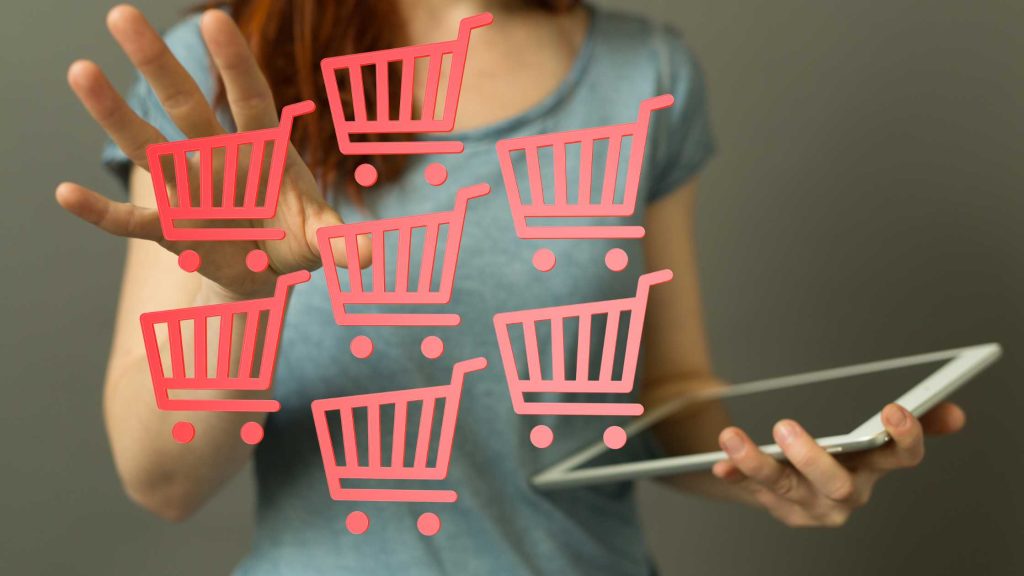
- Copying competitors without understanding their audience
- Using too many CTAs on a single page
- Neglecting mobile optimization
- Not testing your funnel before launching
- Skipping the email nurture sequence
- Making checkout pages complex or unsecured
- Focusing only on design and not copy
- Ignoring funnel analytics and optimization
Real-Life Example of a Funnel
Product: ₹499 Canva Template Pack
Funnel Stages:
- Insta Reel → Link in bio → Landing Page
- Collect email in exchange for free 5 templates
- Thank you page shows “Buy full 100 templates for ₹499”
- Checkout page with UPI and card
- Upsell page for ₹999 template + bonus bundle
- Email sequence for cart recovery and testimonials
Result: 2.5% conversion on landing, 18% upsell take rate, 5x ROAS with Insta ads
Conclusion

In 2025, building a high-converting sales funnel is the most powerful way to sell online—whether you’re a solopreneur, startup, coach, or brand. By understanding the journey of your customer, choosing the right funnel type, and optimizing every stage from traffic to post-purchase, you create an automated system that sells 24/7.
Buy Now : Ecommerce Website
Leverage the tools, platforms, and AI solutions available today to streamline your efforts and scale your business. Remember: Funnels don’t fail—strategy does. Build smart, test often, and optimize relentlessly
Disclaimer : This content is for informational purposes only and does not constitute business or legal advice. Results may vary based on industry, market conditions, audience targeting, and marketing budget.
Keywords : How to Create a Sales Funnel – How to Create a Sales Funnel now – How to Create a Sales Funnel now 2025

